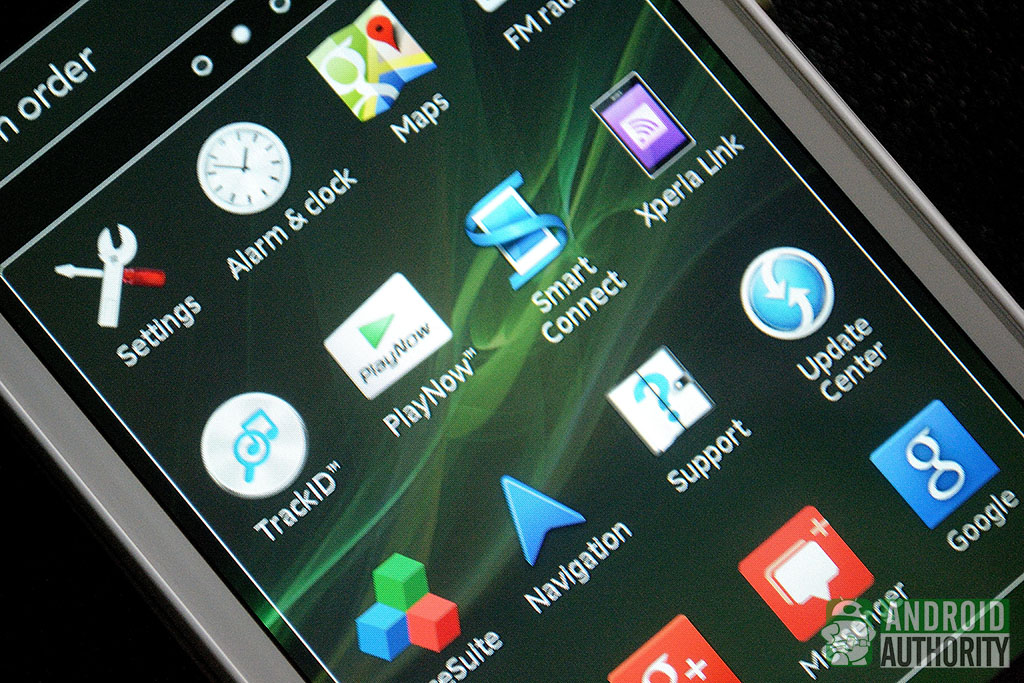Affiliate links on Android Authority may earn us a commission. Learn more.
Play Store policy update: no more ads in notifications and other funny business!

Starting September 23, the date by which app developers need to update their apps so they comply with the new Google Play policies, we should see fewer apps that push ads in the notification bar, mess with your bookmarks, or otherwise engage in behavior that is detrimental to the user. Newly submitted apps must comply with the new policies starting today.
Up until now, Google hasn’t had explicit rules in some areas, an omission that many developers used to their own benefit. That all changes today, and the longtime effect should be a marked improvement in the quality of apps that make it into the Play Store.
Here’s the list of changes:
- Apps can no longer place ads or links to ads in the notification bar. Apps can only push notifications if they pertain to the functionality of the app. Google example: “an airline app that notifies users of special deals, or a game that notifies users of in-game promotions”
- Having false or misleading information in any part of the app or app description is explicitly forbidden. This also applies to the developer name and linked website, meaning we should see fewer crappy apps that pretend to be big name games, and other such deceptive behavior.
- Apps are forbidden to modify the settings of the device, change the order of the apps, replace bookmarks, or make other changes to the device without the user’s knowledge and consent.
- Apps are strictly forbidden to place homescreen shortcuts, bookmarks, or icons for advertising purposes.
- Interstitial ads (those that open between two screens of an app, for example) should have visible and easy to click close buttons.
- Apps are forbidden to encourage or incentivize the user to remove other third-party apps (security services are mentioned as an exception).
- Hate speech clarifications – “promotion of hatred against…” was replaced with the broader “content advocating against groups of people based on their…”
- As before, gambling in apps is forbidden, and now the policy clarifies that any app that offers cash or other values as a prize falls in the gambling category.
- Any exploitation of the Play Store rankings is explicitly prohibited, such as keyword stuffing, fake reviews, or misleading app descriptions.
Overall, this is big news for end users, who will benefit from a cleaner store, with fewer low-quality, misleading, and fraudulent applications. Unscrupulous developers who make money exploiting users have been essentially shown the door, though, without doubt, some will find ways to creep back in.
Don’t expect the changes to have an instant effect though. With close to one million apps in the Play Store, cleaning up efforts should take a while.